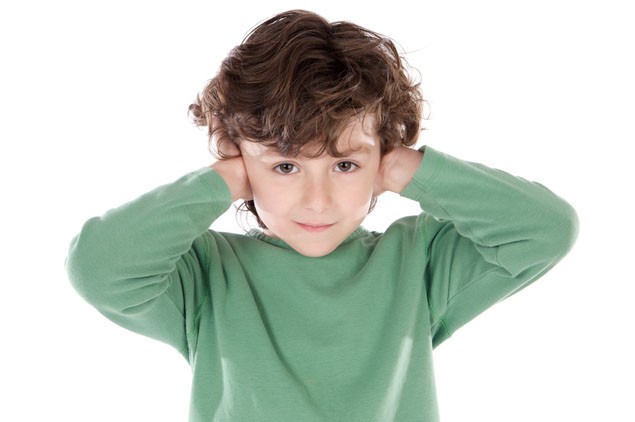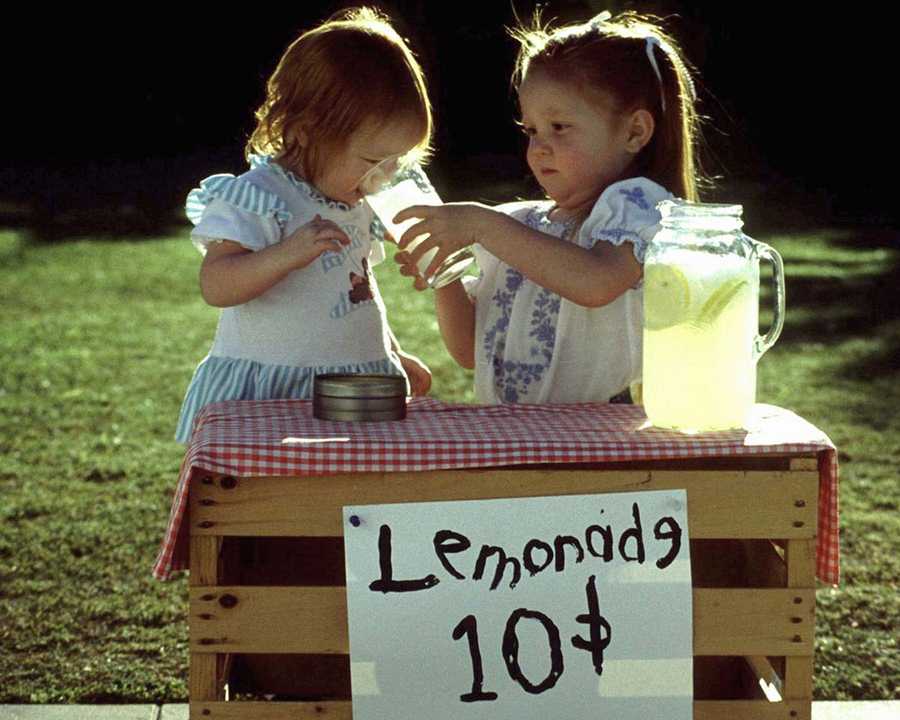Is this the year you have resolved to stop arguing with your kids?
Happy New Year! Is this the year you have resolved to stop arguing with your kids? Are you tired of feeling as though your teenager never agrees with any request you make? Does it feel like your third-grader is already practicing to become a lawyer, arguing and negotiating every request or rule that you make? Let me help you keep your New Year’s Resolution and understand what is happening between you and your children.
Before you have done anything as a parent you are already in conflict with your child. That’s right, as soon as you learn you are going to be a parent, you and your child are already in conflict. This is true whether you are becoming a parent through birth, adoption, fostering, step or blending families together.
How can this be? How can you and your unknown child already have a conflicted relationship? And if you are already in conflict before the relationship has even begun, what hope is there as your relationship progresses? The source of this problem is that you and your child want two different things that seem to be in polar opposite directions. Let me explain and offer you hope for your future lives.
I have been fortunate enough to meet parents from all over the world, from all walks of life, from every socioeconomic level, and every religious faith. Amazingly, every parent I have ever talked with has the same wish and hope for their child. We all want our children to grow up to become happy, healthy adults who contribute to the world. We also want to maintain a good relationship with our children so they will return home to visit and invite us to visit them as well. I bet you have a similar desire for your children.
This dream and wish contains another hope that all parents also share. We want our children to live to grow up. As soon as a parent realizes that she is carrying the life of her child within her womb she immediately becomes concerned about the health and well being of the growing fetus. Spouses are also worried and concerned about the health and well being of their growing child. Potential grandparents are worried about the health and well being of their own child, the new parent as well as the health and well being of their growing grandchild. This worry, concern and desire for safety and survival of our children continues forever. Parents strive and drive to keep their children safe, secure and alive. Sometimes this desire is obvious, as when a parent directs her children to put on seat belts. Sometimes it is less apparent, as when a parent encourages, nags and insists that their child successfully complete his homework. Understanding that parents have this desire for safety, security and survival of their children explains half of the equation and half of the conflict between parent and child.
Children enter the world with no worries or concern for their safety and survival. Children enter the world itching to explore, driven to discover and investigate everything. Children want to put everything in their mouths, touch everything, jump on it, roll in it, shove it up their noses, your nose and see what happens when they push that button. In fact, many adults spend much of their time with children asking and directing them not to touch that, not to do jump on this or not to eat the dirty something. Children are driven by curiosity, wanting to learn and explore the world and themselves in the world.
Here then is the source of the conflict between parent and child. Every parent wants to hold their child close to protect them and keep them safe. And every child wants to break free of their parents hold, going out into the world to discover, explore and learn. Each is pulling the other in the opposite direction.
The art of peaceful parenting is honoring children’s need for freedom and exploration while teaching children to be safe. After all, parents want their children to develop the ability to survive and thrive without their parents. This means you want your child to safely and responsibly handle ever increasing freedom. How? By slowly increasing the freedom you give your child while you teach him how to handle the additional freedom.
In practice this means that parents replace the unacceptable toy their toddler has chosen with the one that is safe and acceptable. This means that parents teach their child to hold their hand as they walk through a parking lot together. This means that parents give a time limit when their tween visits a friend’s home after school. This means that parents negotiate a curfew when their teen goes out on the weekend.
Peaceful parenting means teaching your child how to responsibly handle ever increasing freedom. Your parenting job is to teach your children to satisfy their need for freedom while you satisfy your need of keeping your children safe. This is the process that helps parents and children handle their inherent conflict.
So the next time you get into a verbal tussle with your teenager who wants permission to attend a concert that you are worried about, or your nine-year old wants to go the mall with her friends without any adult supervision, or you toddler wants to wander further afield than you feel comfortable allowing, take a moment to remember the inherent conflict between you and your child. Is it possible for you to teach your child how to handle a little more freedom safely? Can you stretch the limit of what feels safe and comfortable for you, just a little? Take a chance of granting a little more freedom for your child so that she can stretch her wings and learn to be safe with more freedom.
by Nancy S. Buck, Ph.D.





Leave a Reply